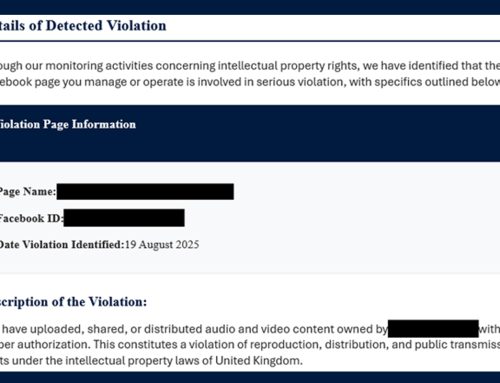Elder Fraud Scams Persist
Scams
August 15, 2024
The NJCCIC received reports involving elder fraud scams that reflect recent tactics observed by the FBI. The scammers typically employ a multi-layered approach, impersonating associates of a technology company, a financial institution, and a US government official in sequence, a tactic commonly referred to as the “Phantom Hacker ” scam. The scammers may claim that the victim’s financial accounts were compromised or are at risk of being compromised, and, as a result, their funds need to be protected. In one reported incident, the
scammers claimed to be federal investigators who had obtained a warrant for the arrest of the victim shortly after a close family member passed away.
The scammers typically persuade victims to liquidate their assets into cash or invest in gold, silver, or other precious metals. In some instances, the victims were instructed to wire funds to a precious metal dealer who claimed to ship the purchased commodities to the victims’ residences. Once a victim obtains the cash or precious metals, the scammers send couriers to retrieve the items at the victim’s home or a public location. The victim is assured that their assets will be protected in a secure account; however, the scammers sever contact shortly after the transaction, causing the victims to suffer significant financial losses. Between May and December 2023, the FBI’s Internet Crime Complaint Center (IC3) observed a significant increase in these fraudulent activities, resulting in combined losses exceeding $55 million. A similar incident was recently reported to the New Jersey State Police, involving a scammer who stole $13,000 from a victim in Hunterdon County, NJ, after the victim received a virus alert pop-up notification.
Recommendations
- Educate yourself and others about these and similar scams. The US government and legitimate businesses will never request you to purchase gold or other precious metals.
- Refrain from clicking on or contacting unknown telephone numbers found in unsolicited pop-up notifications, or links and attachments delivered via emails or text messages.
- Avoid downloading software at the request of unknown individuals, and refrain from allowing them to access your computer.
- Confirm the legitimacy of requests by contacting the sender via a separate means of communication, such as by phone, using contact information obtained from official sources before responding, divulging sensitive information, or providing funds.
- Report malicious cyber activity to the FBI’s IC3 and the NJCCIC as quickly as possible to increase the likelihood of recovering funds. Be sure to include as much transaction information as possible, such as:
- The name of the person or company that made contact.
- Methods of communication used, including websites, emails, and telephone numbers.
- Any bank account numbers and the recipients’ names who received the wired funds.
- The name and location of the metal dealer company and the receiving account number if funds were wired to buy precious metals.
- Victims aged 60 or over who require assistance filing an IC3 complaint can contact the DOJ Elder Justice Hotline at 1-833-FRAUD-11 (833-372-8311).





